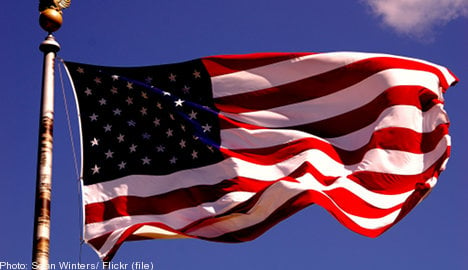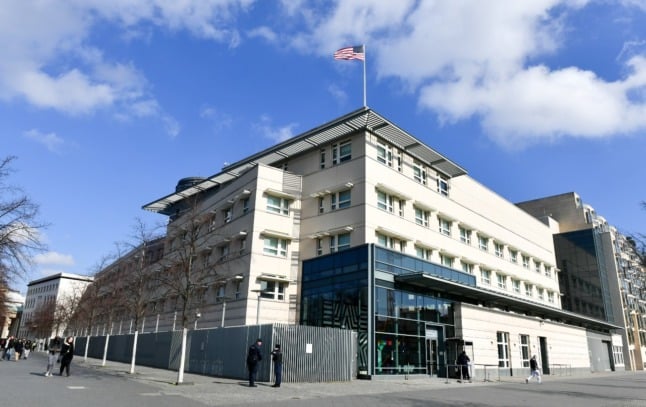The question is a surprisingly elusive one: How many US citizens live abroad?
Although there are estimates – they generally run between four to six million – nobody really knows the answer.
Some individual countries count the number of Americans residing there – Sweden says about 17,000 live within its borders – but there are no worldwide figures since there’s no requirement that citizens tell the US government they’ve moved abroad.
But the Overseas Vote Foundation (OVF), an organization that helps Americans abroad register to vote, thinks technology can help determine a ballpark figure that could increase the political clout of expats.
A new project running until mid-July aims to get US citizens living in other countries to register online via a website and Facebook app.
Once the counting is done, aggregated data will be compiled into reports that could be useful in giving overseas Americans a stronger voice in American political life, the organization says.
“There are many groups lobbying for the rights of Americans abroad. All of them benefit from having hard numbers,” said Peter Dahlen, a native of Delaware who volunteers for the group in Sweden.
Counting the challenges
Many activists have argued that it’s vital to be able to know how many American expats there are.
An accurate number could help the US government better focus consular services. It could help US Congressional representatives target their policies toward constituents living out of the country. It also would help organizations like OVF more efficiently promote their efforts to get Americans abroad voting.
But funding has gotten in the way of previous governmental counting efforts.
An influential 2004 Census Bureau report said that while it was easy to count US government employees, such as members of the military living on bases, doing the same for civilians would be too onerous and expensive.
“Counting Americans abroad as an integral part of the 2010 Census would be a monumental task,” the Bureau concluded, after a series of unsuccessful small-scale test counts.
Will OVF finally be able to do what the government couldn’t?
It’s hard to say because it’s technology-based approach – participants fill out a short online form – has never been tried before.
And OVF’s own leadership admits this is an experiment with many pitfalls.
“I don’t shoot for gold on the first step,” said the organization’s Munich-based head Susan Dzieduszycka-Suinat. Some good things will come out of the project and some things are unforeseen.”
Among the challenges: The count could be skewed toward counting Americans in countries with widespread internet access like Sweden. Also, some Americans overseas – those trying to avoid the Internal Revenue Service or make a clean break from the United States for instance – may actively avoid being counted.
Dzieduszycka-Suinat takes pains to emphasize that OVF isn’t compiling Americans’ personal information and doesn’t plan on turning it over to the IRS or any other government agency.
After the results are in, she says, experts will use scientific sampling techniques to compile aggregate numbers into a usable report.
“This should have happened a long time ago,” Dzieduszycka-Suinat said. “We’re doing this for everyone – all the Americans out there.”
Moises Mendoza



 Please whitelist us to continue reading.
Please whitelist us to continue reading.
Member comments